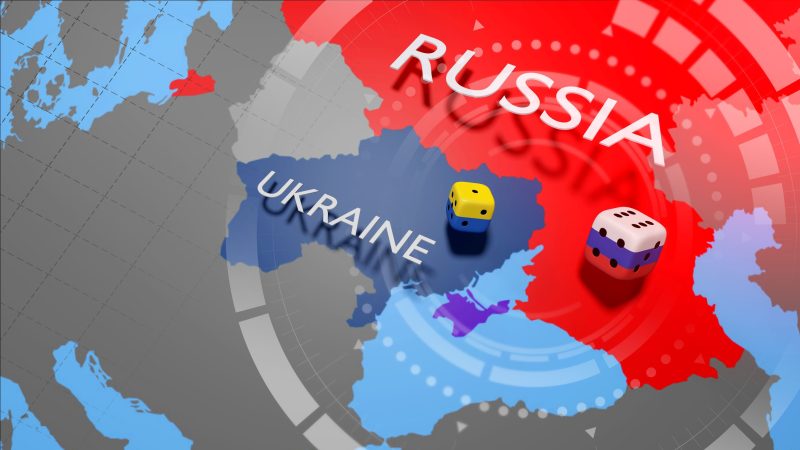Russia: the cost of doing the right thing
Wednesday, September 21, 2022

Some decisions appear, on the surface to be black and white. So, when President Zelensky made a personal plea at the Yale SEO Summit that businesses cease trading in Russia to starve the Russian war machine, the majority of us probably expected it to be a done deal.
Making the choice to leave
However, despite the regular naming (and shaming) of global companies in the lists produced by Jeffrey Sonnenfeld’s team at Yale since March, the issue appears to be less clear-cut. Although the headline figure for July is that 1,000 companies have ceased or curtailed their business interests in Russia, only 309 have made a full and clean break while many more have only postponed development projects or made temporary withdrawals. There are still 237 global companies listed as continuing to do business with Russia.
Whatever the stance of an individual company, there are consequences, and this means that each business has had to make tough decisions. Those asset-light companies with few employees and a simple trading relationship – and facing challenges from sanctions and supply chain issues – have perhaps found it easiest to leave the market.
For others with substantial investments in factories, employees and products, a complete withdrawal is a more complex and expensive issue. For these, unravelling the complicated deals and relationships in the country has cost them millions if not billions.
Should I stay or should I go?
Despite it being an apparently simple decision based on whether it is morally right to trade with an aggressor power, companies have also had to factor in ethical considerations in addition to the financial implications. These include the responsibility to protect employees or to limit the harm caused to the Russian population.
If these are justifiable considerations, then it is the responsibility of brand owners to explain to their customers why they have taken such a stance. As Antoine Madelin of the International Federation for Human Rights NGO says: ‘You need to provide public evidence that you have robust due diligence measures in place and that pulling out would do more harm than good’.
Even with such assurances, those that defy calls to leave Russia can expect a rapid decline in consumer trust with a significant knock-on effect to their brand equity and, ultimately, their bottom line. Little wonder that few have opted to continue business as usual.
The power of consumer pressure
Not only did pressure come from the top down, in the form of government sanctions and encouragement from world leaders, it also came from the bottom up. There is no statistical evidence available to determine the actual financial implications of consumers voting with their feet, but it is reasonable to assume that groundswell pressure contributed to companies’ decisions to make full or partial withdrawals, particularly in the case of slow responders.
The importance of leadership
When it came to withdrawing from Russia, BP led the way, making the decision within days of the invasion of Ukraine. Other businesses rapidly followed suit, marking them out as decisive, values driven and ethical.
These companies demonstrated proactive leadership with CEOs who were able to lead from the front and communicate company policies and actions within the geopolitical sphere. As a result, they have reaped dividends in the form of customer and employee loyalty. In the overall balance sheet (the one that takes values into account), their decisiveness has delivered positive consequences which outweigh the financial and logistical problems of withdrawal.
However, some came rather late to the party and had to respond to public opinion with embarrassing U-turns. This has led to an inevitable level of damage to their reputations both externally and internally.
Why it pays to be prepared
When doing business in countries with potentially controversial political regimes there are lessons to be learned. One of the biggest lessons is not to be caught off-guard. After all, we all saw the Russian – Ukraine war heading towards us in slow motion – but how many companies had full crisis communications plans in place so they could respond quickly and decisively when the time came to communicate with all their stakeholders.
Keeping abreast of political, economic, social, and technological trends will help business leaders to develop plans for swift and decisive action if it is called for. But these plans must include effective and well-considered crisis communication strategies which can be deployed swiftly should the need arise.
If you would like to discuss your crisis communications requirement, please get in touch.
